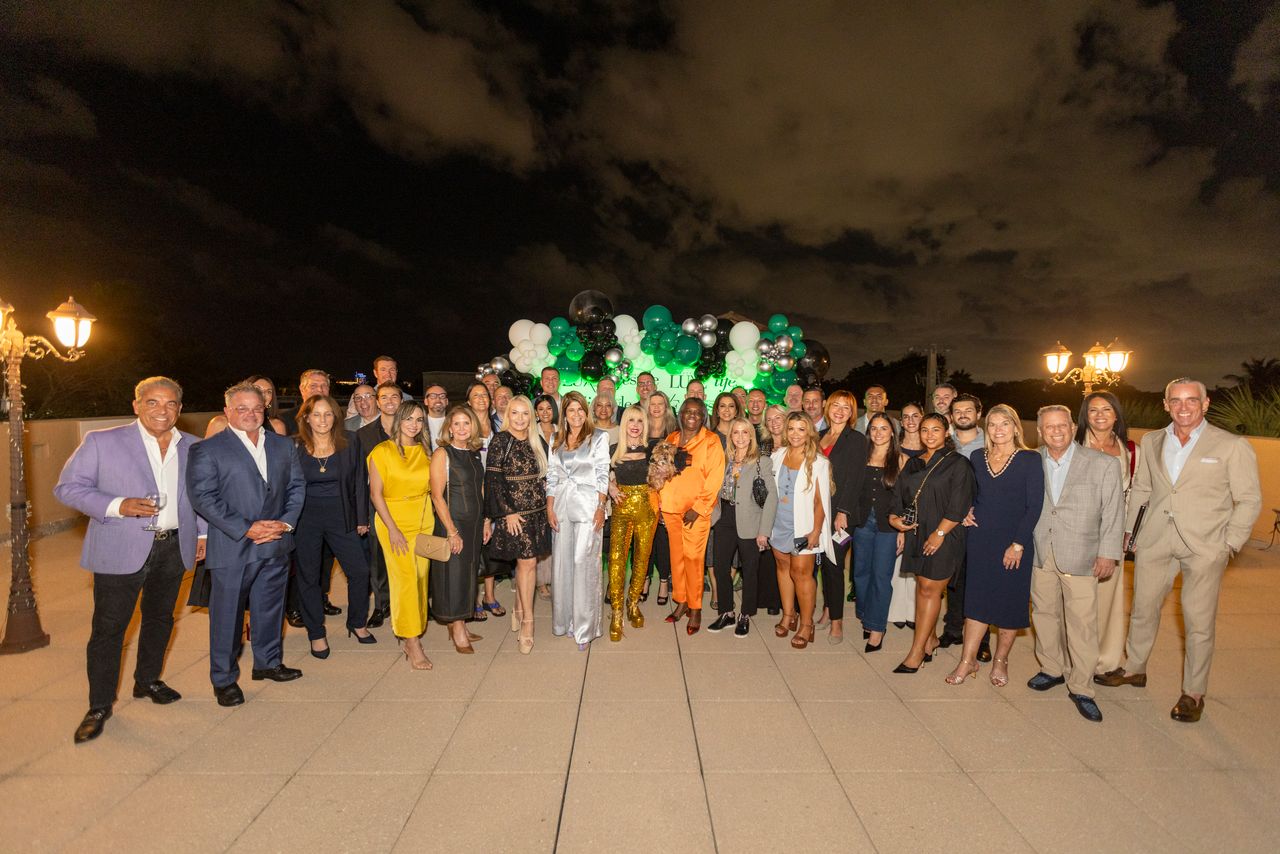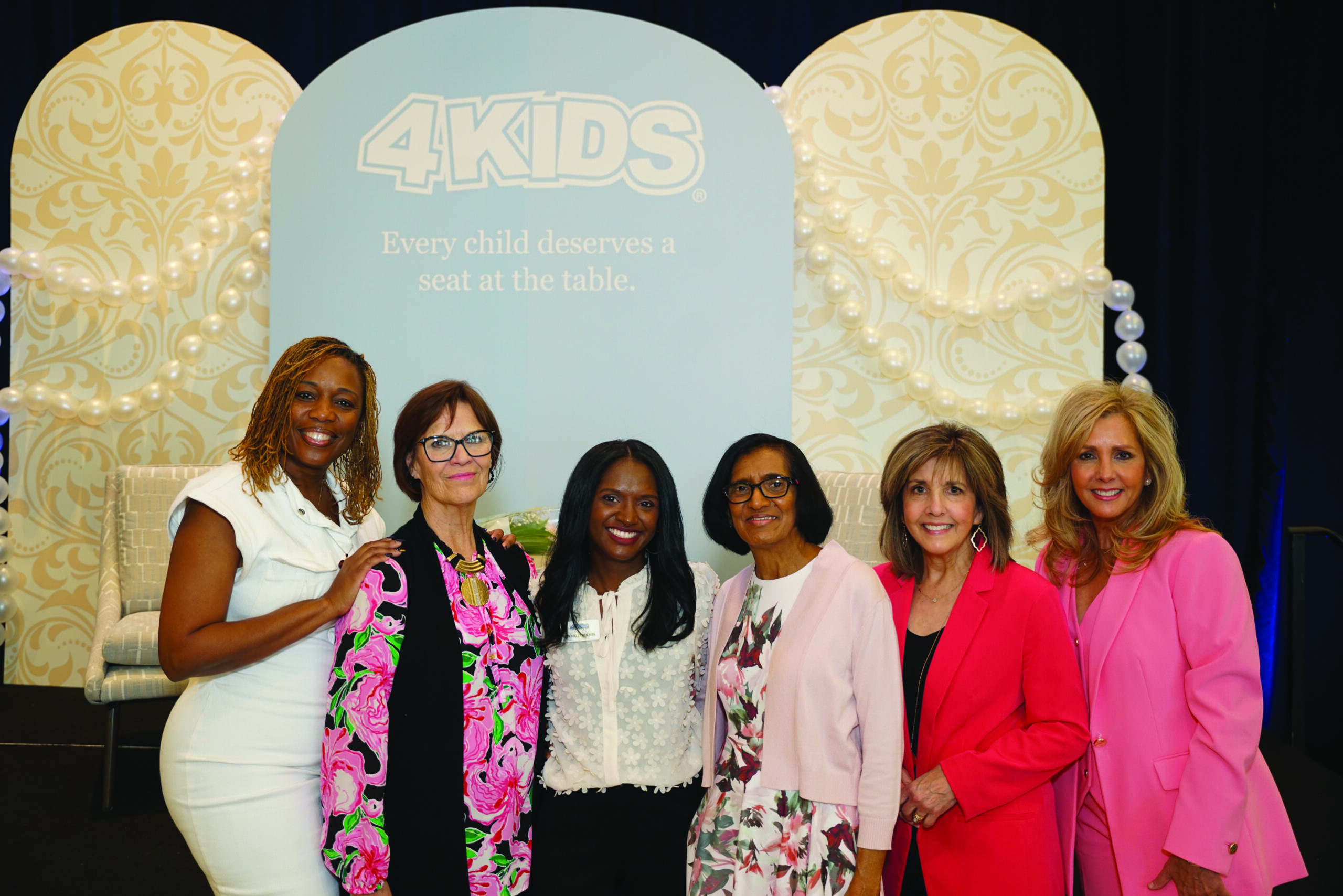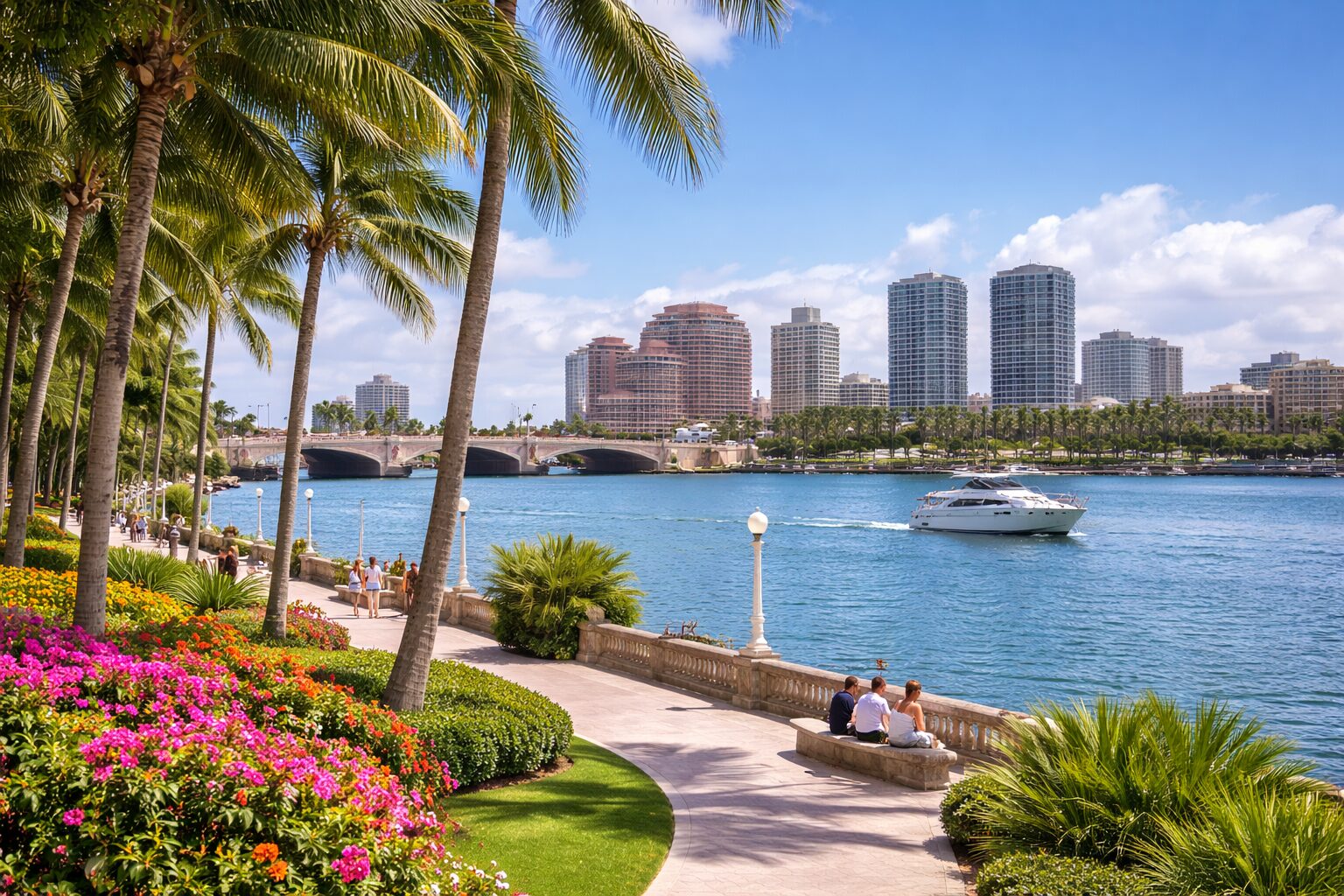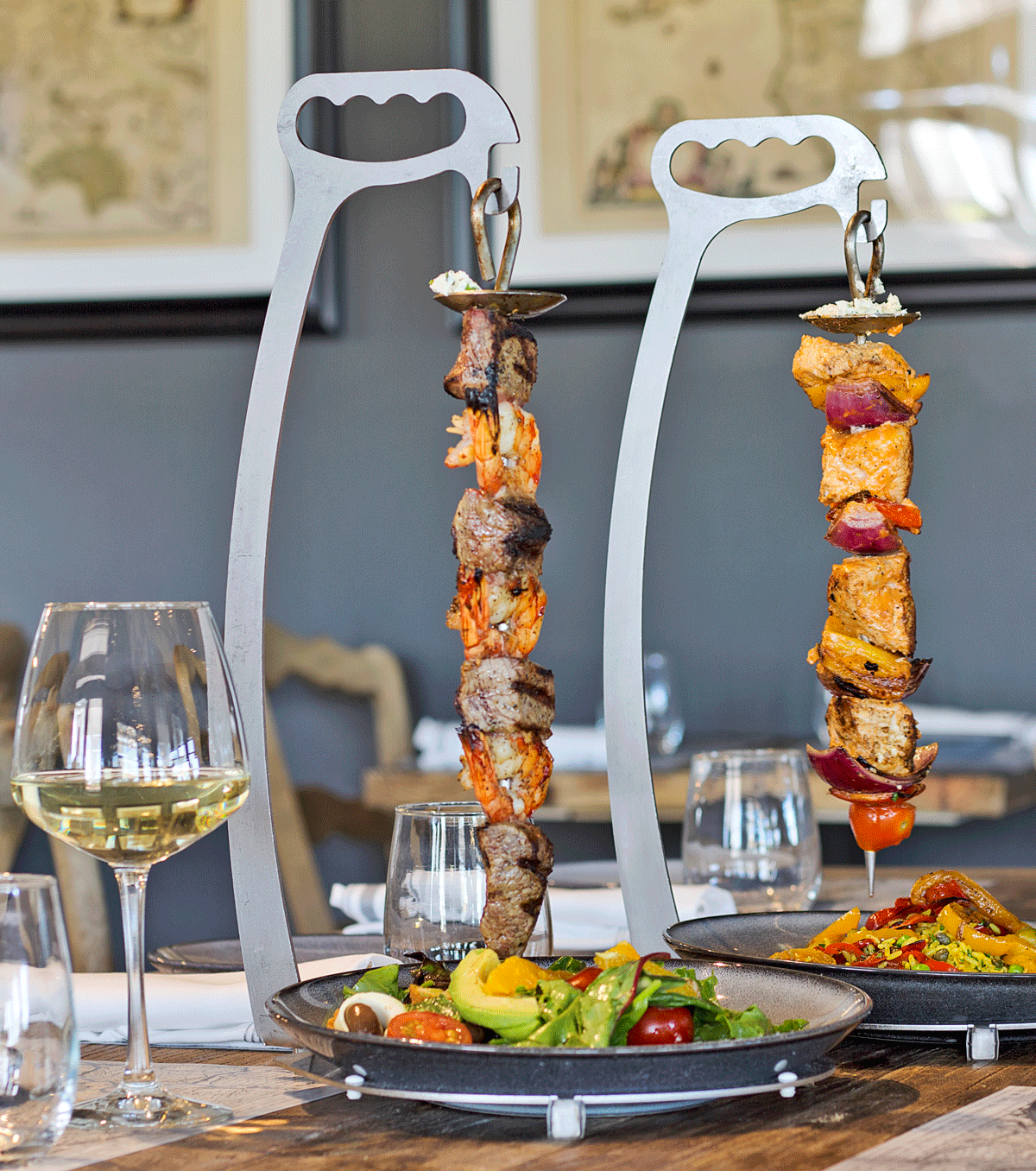In 2004, something new came about. It was strange at first; no one really knew what to think of it. And, to be frank, it was quite limited in its ability. Today, it’s the biggest social media platform. If you didn’t already know, I’m talking about Facebook.
A few years later, Twitter popped up, allowing people to give minute-by-minute updates of their lives. Again, it started small and with few features, but it quickly exploded into a social media extravaganza.
Sites such as LinkedIn, Google+ and Twitter followed, later to be joined by Vine, Pinterest and a plethora of others, changing the world into a giant global community of friends, family and potential business partners.
It’s now 2015, and when you meet someone, they rarely ask for your phone number. They want your Instagram handle. Before you depart each other’s company, you move in close to snap that pic for Instagram. And you’re not really “friends” until the request is accepted on Facebook.
The world as we know it has fundamentally shifted. We live in the digital age. Everything is about smartphones, Wi-Fi and social media. But that isn’t necessarily a bad thing. As much as some members of the older generation are wary of social media, many have come to terms with the fact that it is an essential tool, necessary to excel in today’s world.
Let’s start with one of the founding fathers: Facebook. According to statista.com, there are 1.44 billion people, businesses and institutions with active Facebook pages. That’s about 20 percent of world’s population. What started as a way for college students to communicate has expanded from a place to reconnect with old friends to a place for promoting your startup business venture.
In my opinion, Twitter, the little brother who isn’t so little anymore, gets the short end of the stick. I see it as a depository for negativity, hatred and just plain stupidity, but that’s only a small piece of Twitter. Just as with Facebook, nearly everyone – every business, news station and entrepreneur – has a Twitter account. Why? It connects you with the rest of the world and provides instantaneous feedback.
Vine, Instagram and Tumblr have helped people not only create memories, but keep them forever. Social business sites like LinkedIn provide ways to connect during an ever-changing job market and are the ideal place for networking.
Social media has dried up oceans, torn down walls and destroyed the language barriers. Every human being, every business – everything, really – has a global reach that would not be possible if it were not for social media.
To learn more about Coconut Creek’s social media pages, visit coconutcreek.net/socialmedia.













